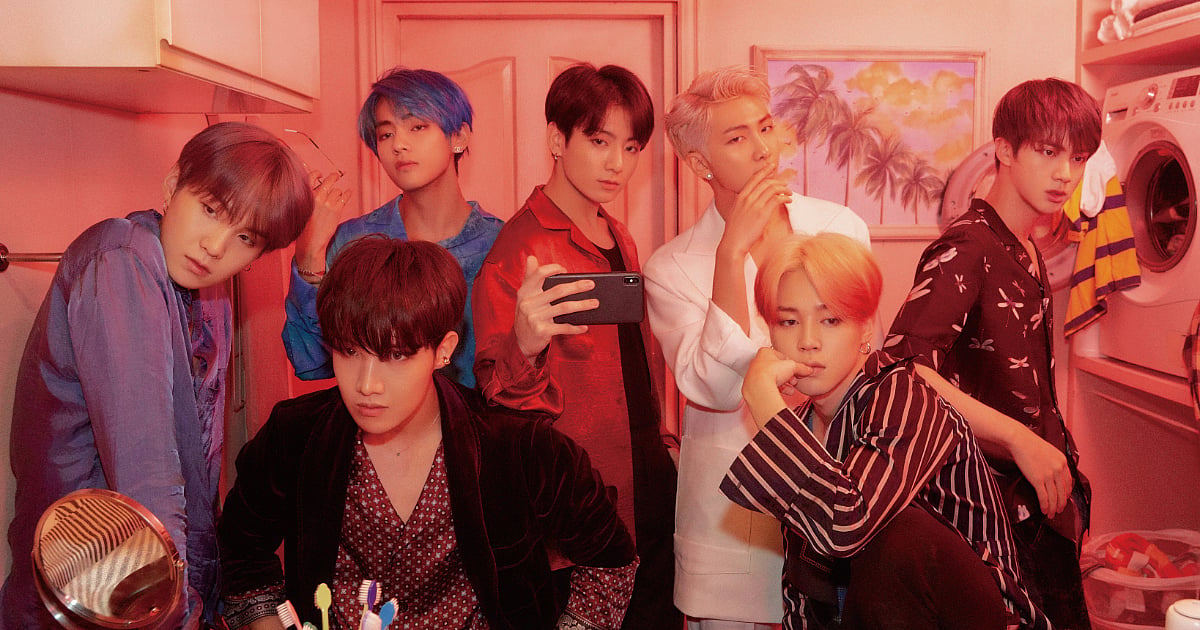
Japan introduces new principles to grow anime and game IPs worldwide.
Japan Sets New Principles to Globally Expand its Anime, Game IPs
The new principles, under the “New Cool Japan” initiative, aim to strengthen Japan’s global IP presence of anime, games, manga, while protecting creator freedom.
- Japan launches five principles to grow anime, games, and creative content overseas.
- Principles emphasize “No interference in the content of creative works,” guaranteeing creators’ freedom.
- Principles emphasize large-scale and direct support, prioritizing global risk-takers.
Japan's Ministry of Economy, Trade, and Industry (METI) is taking measures to grow its creative content industry, which includes video games, anime, manga, cinema, and music, outside of the nation. METI recently unveiled a set of five bold principles at the 8th Entertainment and Creative Industrial Policy Seminar in October 2025.
Interestingly, one of the principles is focused on the assurance of preserving creator independence, stating that there would be “No interference in the content of creative works.”
Meanwhile, the other principles focus on large-scale and long-term strategic support to spread Japanese IPs across the world. They also focus on providing direct support on a priority basis to those who are willing to take on a challenge.
With these fundamentals, METI emphasizes a big government backing in IP creation, human resources, and digital technologies. This support will also help the IPs to get distributed internationally and gather investments overseas, thus building global fandoms. However, the government wishes to clarify that this support in no way means to meddle with the creative output generated.
The arrival of these new principles comes after the Japan Business Federation's (Keidanren) “urgent message,” released on Oct 6, 2025, appealing to the government to provide immediate, large-scale, and long-term support for the country’s content industries.
Why is Japan Urgently Supporting Global Growth of Anime, Games?
Keidanren's Committee on the Creative Economy found last month that Japan's exports of content have increased so rapidly that they now outpace those of semiconductors. The group, which represented big businesses including Toyota and Mitsubishi, made the case in 2023 that Japan's economy should be driven by popular content. Notably, just a few days later, the government launched the "New Cool Japan Strategy," which established video games and anime as the country’s “core industries.”
Recently, the Association of Japanese Animations (AJA) revealed in their latest report at TIFFCOM that the animation sector, a part of Japan’s creative economy, earned a revenue of $25.3 billion USD (¥3.84 trillion) in the year 2024, indicating a growth of approximately 14.8%, which is expected to increase even more. Notably, overseas markets contributed 56% of this revenue.
Keidanren had previously highlighted that Japan's content IP is expanding amid intensifying competition from around the world. The organization, therefore, called for stronger anti-piracy measures (especially for manga), assistance with localization and marketing, investment in new games, and improved support for animation staff. They urged that "the government should get more serious now than ever and immediately provide strategic support over multiple years."
With these principles now in effect under the "New Cool Japan" initiative, it seems that METI has directly responded to Keidanren’s concern with the assurance of stronger, long-term support. By using domestic innovation and IP, the policy aims to increase Japan's visibility globally and reach ¥20 trillion overseas content market by 2033.

Author
Diya Mukherjee is a Content Writer at Outlook Respawn with a postgraduate background in media. She has a passion for writing content and is enthusiastic about exploring cultures, literature, global affairs, and pop culture.
Related Articles







